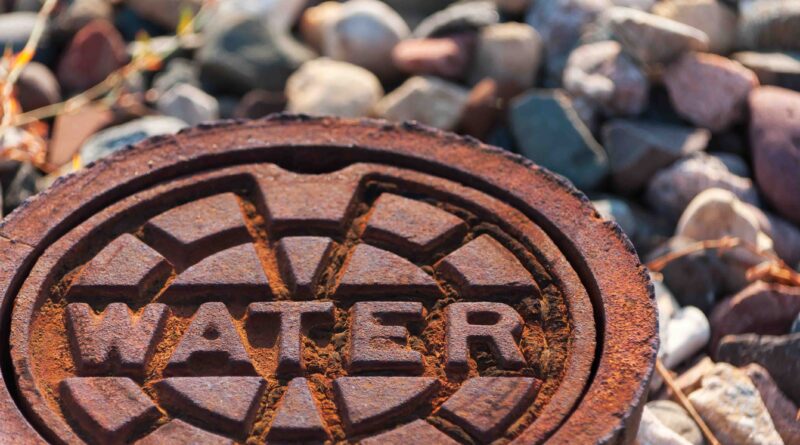These States Are Maximizing Federal Investment in Safe Drinking Water
The Infrastructure Investment and Jobs Act allocates grants for safe drinking water initiatives, such as the elimination of lead service lines, which pose a risk of lead exposure in drinking water.
According to Governing, by 2026, the city of Pittsburgh could be free of one of the most significant sources of lead in drinking water.
The Pittsburgh Water and Sewer Authority has been working since 2016 to replace lead service lines, which carry water from underground mains into people’s homes. Last year, it announced it had replaced 10,000 lead service lines, adding up to 59 miles of pipe. The effort has been funded by all levels of government and accelerated by the 2021 Infrastructure Investment and Jobs Act, which funded millions in federal grants to help replace hazardous pipes in Pittsburgh and around Pennsylvania. Pittsburgh has created at least 600 jobs in the process.
A new report from the Center for American Progress, a progressive think tank in Washington, tracks how federal investments from the infrastructure law are helping states and cities remove lead service lines. Lead water pipes have been banned since 1986, but thousands of service lines still carry water in communities around the U.S. Lead service lines exist in every U.S. state and serve 9.2 million homes, especially in the Rust Belt, according to the report. They are concentrated in low-income communities and communities of color.


